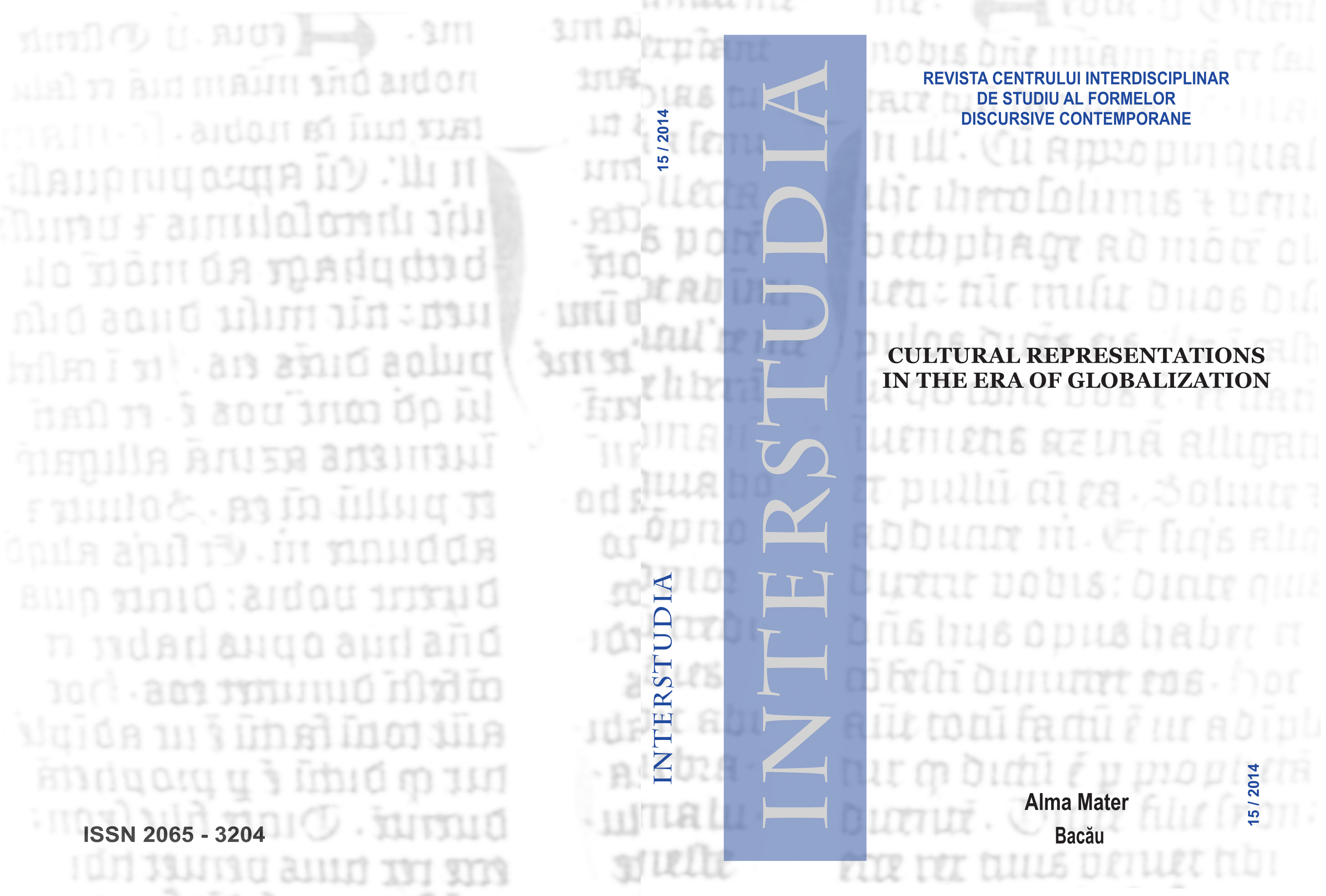THE GEOLOGICAL PATTERN OF CULTURAL EVOLUTION: BERGSONIAN TIME, CULTUREQUAKES, AND MUSLIM-BECOMING IN THE GEOMETRY OF GOD
THE GEOLOGICAL PATTERN OF CULTURAL EVOLUTION: BERGSONIAN TIME, CULTUREQUAKES, AND MUSLIM-BECOMING IN THE GEOMETRY OF GOD
Author(s): David WatermanSubject(s): Language and Literature Studies
Published by: Editura Alma Mater
Keywords: Bergsonian time; culturequake; Muslim-becoming; cultural relations; history;
Summary/Abstract: Uzma Aslam Khan’s 2010 novel, The Geometry of God, is set in contemporary Pakistan, in the Margalla Hills near Islamabad, those foothills of the Himalayas which conceal and occasionally divulge prehistoric elements of the fossil record. Amal is a young paleontologist, and her reading and interpretation of the terrain, both literal and figurative, will contribute to what Michael O’Riley calls a “culturequake,” a “subterranean force that emerges to disrupt the natural order of territory and cultural relations,” wherein topology is defined as “the distances that separate and unite the two worlds.” It is precisely within this contested, obstacle-filled topology that Amal, and many of the other characters, are attempting to locate themselves, trying to answer such questions as to who is (and who is not) a good Muslim, trying to find consensus regarding Pakistan’s relation to Islam in national and cultural terms, determining how to incorporate elements of Pakistan’s pre-Islamic history and paleontological record into its contemporary context, all with the goal of preparing Pakistan’s uncertain, but certainly open, future. I examine the novel through the lens of Naveeda Khan’s concept of “Muslim becoming,” or the ongoing struggle from different perspectives – past and present, public and private – of Pakistan’s cultural definition of itself.
- Issue Year: 2014
- Issue No: 15
- Page Range: 61-72
- Page Count: 12
- Language: English
- Content File-PDF

